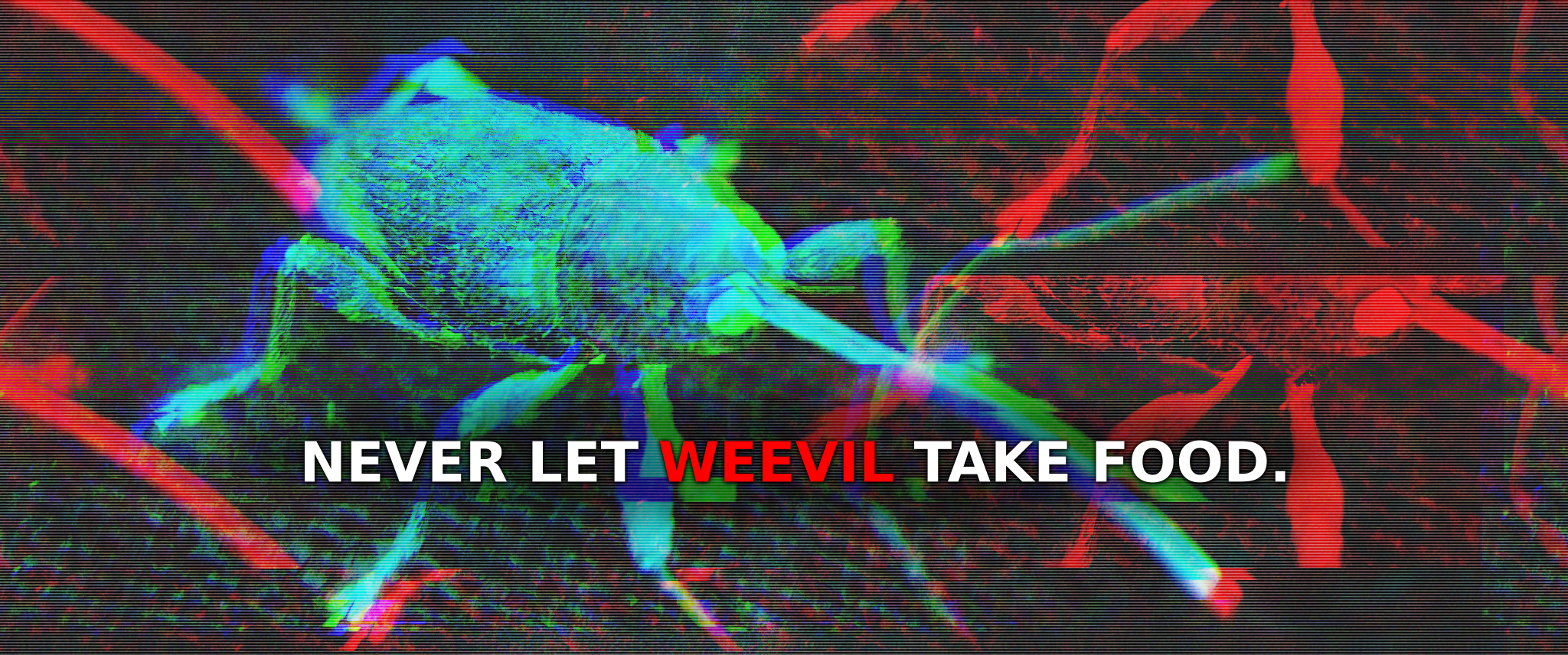There's a picture that I've seen floating around the internet a few times. Perhaps you've seen it. It's an edit of the Pulitzer Prize-winning photograph of the moment left-wing politician Inejirō Asanuma was stabbed to death at the hands Otoya Yamaguchi, a young Japanese ultranationalist. The image has been subsequently dressed in Rob Sheridan-esque glitch-art aesthetics with the words 'NEVER LET EVIL TAKE ROOT' overlaid. The popularity of this style among right-wing Twitter types is incidentally a source of considerable rage for Sheridan. Robbed of context like so much of the flow of raw imagery on the Internet, it's nevertheless not hard to see how a certain sort of person could be excited into aestheticising the image, understanding the event first as a sort of 'real life anime' with quixotic far-right characteristics, and only incidentally as the assassination of a living human being. There was a discussion elsewhere on Urbit—which I encountered only after the fact—which touched on the visual-semantic ambiguity of the graphic and its slogan: 'whose evil?'
Coming in blind, what we see in the image is a man recoiling in a mixture of shock and terror, his aorta punctured, as his assailant lines up for another shot. An uncomplicated violence. Reading articles about the incident, we discover that Yamaguchi is in the process of killing someone, with malice aforethought, on account of ideological differences. The scene remains uncomplicated. To the extent that we consider evil a state of being, Yamaguchi is the evil in the photo.
The creator of this image probably feels otherwise. Nevertheless, what precisely is the counterargument here? That cold-blooded murder is permissible if the victim is a Marxist? That when Asanuma puts one of his people in the Diet, you put him in the morgue? This is an ethic for a world that we don't live in, and which should be avoided to the maximum extent possible, because it's the darkest timeline. If you find yourself in a situation where a moral calculus like this makes sense—irrespective of your political leanings—someone has 'done goofed'.
At best, this is Popper's Paradox of Tolerance boiled down to the reptilian imperative to 'get them before they get you'. The Paradox of Tolerance is not called a paradox for nothing. If you do believe in the need to 'get them before they get you', then you are either experiencing (and perhaps actively participating in) a civilisational failure mode (this is of course possible and common), or LARPing the same. If you are LARPing, you should stop, because you might do something silly. If you are not LARPing, well, see you in the news either way, I guess.
A useful heuristic: flip the script on the application of a slogan—invert its political valence, ceteris paribus. If it's still useful to 'the other side' then you have on your hands a fully general thought-terminating cliché—a blunt-trauma rhetorical weapon—rather than a genuine moral insight or imperative. A Deus Vult symmetrically mirroring someone else's Allahu Akbar in the service of not thinking too hard about what precisely it is you're doing.
Craft sharper weapons.
In 2018, Adélio Bispo de Oliveira—a Brazilian socialist we are told had mental health issues—stabbed Jair Bolsonaro during his presidential campaign. We must assume that this was done in an effort to prevent Bolsonaro from 'taking root'. In some sense Adélio had reached broad agreement with those who lionise Otoya Yamaguchi, pausing only to haggle on the meaning of the word 'evil', a floating signifier if there ever were one.
